MO Book Review - Racing the Gods: A Ducati Superbike Racer's Autobiography by Paul Ritter

Those who race motorcycles, like players in any high-risk sport, comprise a mixed group of individuals. The field may contain farm boys, scholars, artists, rodeo riders, engineers, mechanics, musicians and madmen of all sorts. In common, they may have only the abiding passion to go fast on two wheels.
Some are blessed with natural skills, while others learn slowly by trial and error. Some will excel, others will reach only a lower plateau. While racing as a metaphor for life is easily overdrawn, the parallel is there: A handful of people are always at the front, the majority occupy the middle, and a few work at the rear. Occasionally, there are transfers in the food chain, in both directions.
Paul Ritter was one who went to the front fairly quickly, at the dawn of what came to be called Superbike racing. In 1973, he started on a Ducati 250 Single, then moved to a 350 Desmo, followed by a 750 Sport. By 1976, his skills had improved markedly, and he’d gained the confidence to run with the leaders. Among those was Ed Unini on a Honda CB750. The two became friends and shared racing tips.
That year, in practice for an AFM race at Sears Point, Ritter was involved in an accident with Unini. Evading another rider approaching the esses, Unini ran off the track, hit some object that catapulted him back onto the pavement, and landed directly in front of Ritter’s bike. No evasion time. Unini died the next day.
Fatalities were uncommon in club racing, and some racers gave hard thought to their commitment after that day. Ritter was devastated, but a few days after the funeral, he writes, “Ed appeared in a dream. He told me it was okay. He knew it wasn’t my fault and it was time to stop grieving and get on with my life. He also told me I shouldn’t stop racing. ‘If you love to race, you need to keep at it. I would.’ Then he said goodbye.”
BMW pilots Reg Pridmore and Steve McLaughlin were the forefathers of Superbike racing, a field including Wes Cooley, Dave Emde, Mike Baldwin, Vance Breese, Keith Code and Erik Buell. Another quick study was Cook Neilson (“it’s pronounced Nelson”), whose day job was editing Cycle magazine, which helped popularize the class. He and Phil Schilling teamed up for a story about underdogs in heat, who somehow managed to become overdogs.
These were the major and minor gods with whom Ritter raced in the 1970s, startled to be on the grid with some of his heroes, but comfortable being there. Good times for a hippie on the loose. He would go on to win the AFM Open Production class in ’76, repeating the feat on Dale Newton‘s Ducati 750SS the following year. In the process of winning the title again he racked up 12 wins in 15 races. He also won the Open GP class on Newton’s Ducati 900SS.
Ritter’s memoir covers these years in detail and in a straightforward, easy-going style. The ’77 season saw Superbike come of age, with Ducati, Moto Guzzi, BMW, Suzuki and Kawasaki sharing the top of the podium. Their finishes encouraged Ritter and Newton to contest the entire six-race season in ’78, with the addition of the Daytona-winning Schilling-Neilson 883 Ducati, acquired following Cook’s retirement. They finished three of the six, for third place behind John Long (BMW) and Reg Pridmore (Kawasaki).
When Dale Newton had to step away in 1979, Ritter rode for San Jose BMW and struggled. The next year he tried to compete on his old Ducati 750 Sport, but came to admit that racing wasn’t so much fun anymore. He put new emphasis on his engineering career, was married in 1985, then moved to Oregon, had a son, and stored the 750 in the back of the garage.
The final third of the book picks up with Ritter’s life in 1995. “It was my soon-to-be ex-wife who got me riding motorcycles again,” he writes, referring to the alternative to arguing with her. After the divorce, he bought a Honda Hawk GT, and describes it as an epiphany.
“It was a shame I stopped riding all those years … Then again, perhaps the break and rebirth were necessary to allow me to understand I was not just a guy who had ridden bikes in his youth, but I was, in fact, a motorcyclist.”
He reconnected with the Ducatisti through the Bevelheads online list and was back at Sears Point 20 years after his AMA National victory. He began enjoying going fast on the road and thought about a return to the track. The 750 Sport was far from ready, but an offer came to ride a Ducati 250 Single in the AHRMA roadrace in Steamboat Springs, Colorado, which ended in disaster.
At about 100 mph, a falling rider ahead took Ritter off the bike, where he was run over by a following rider. The spinal cord injury left Ritter paralyzed from the mid-chest down, and the story of his recovery and rehabilitation inform the rest of the book. He credits friends from the WetLeather riding group of the Pacific Northwest for help reconstructing his life.
While the process was long and painful, Ritter prevailed. He got a van with a lift and hand controls, sold two of his motorcycles but kept the 750 Sport, which he still plans to restore. Working for Hewlett-Packard, he met his wife Dee, also a rider. Together they built a chair-accessible camping trailer, and he rigged a Moto Guzzi hack that could be operated from the chair. With Dee’s encouragement, Paul became a certified scuba diver.
Despite his injuries, Ritter still treasures his racing years and the friends he’s made. He’s justifiably proud that his name is on a plaque in Ducati’s Bologna museum. So, this is not a cautionary tale but the story of a man who overcame what for many would be insurmountable odds.
“As effective, lyrical and fluent as Paul Ritter was as a racer,” writes Cook Neilson in the book’s foreword, “this story reveals how far he has journeyed beyond those happy, easy, sunwashed days.”
Racing the Gods (247 pages, $29.95) is available from octanepress.com.

More by Tod Rafferty



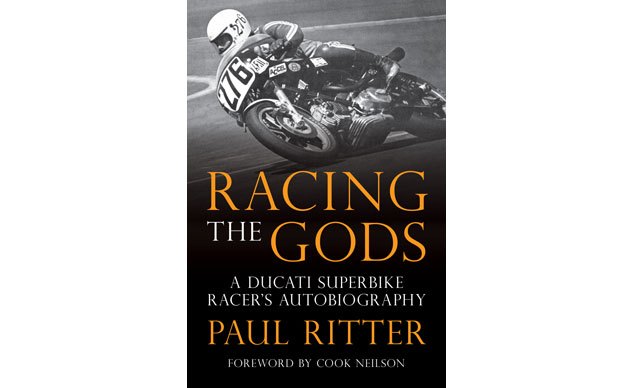
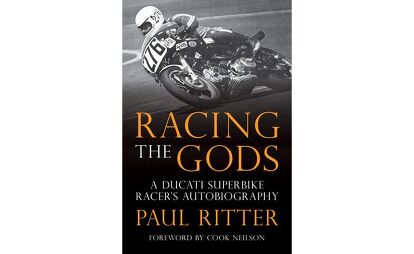













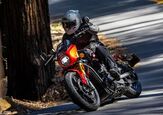
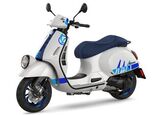
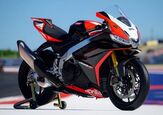
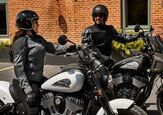
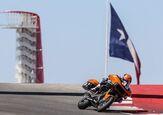
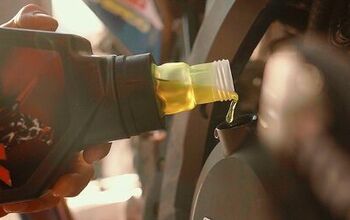
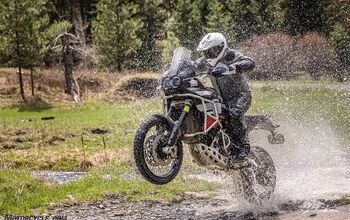
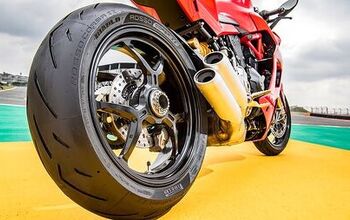
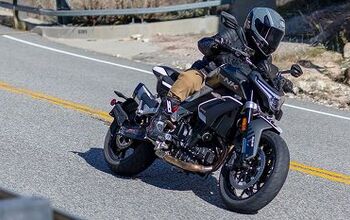
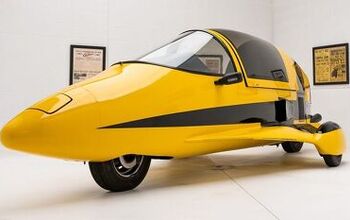
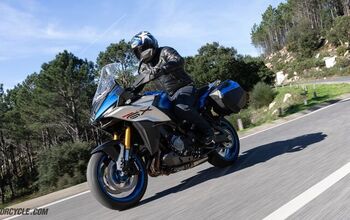
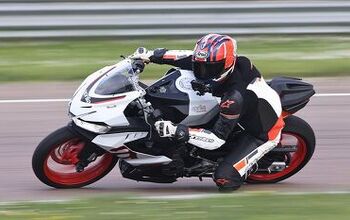
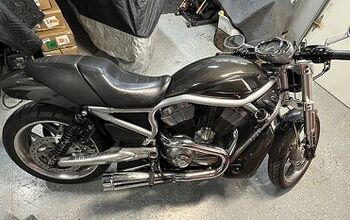
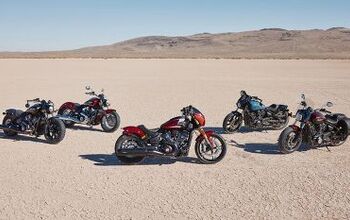
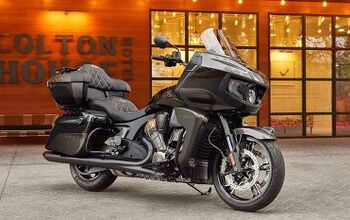
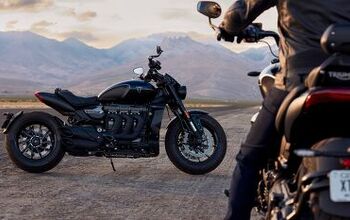

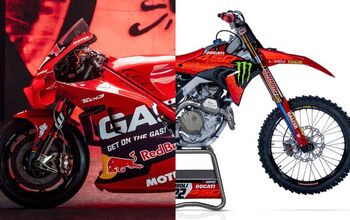
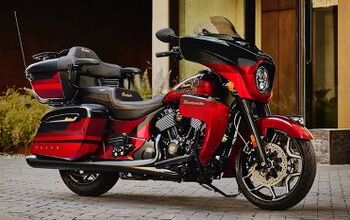
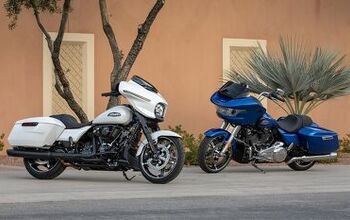

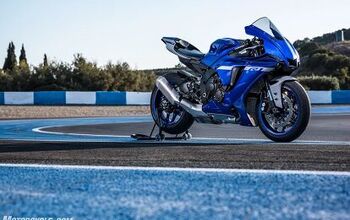
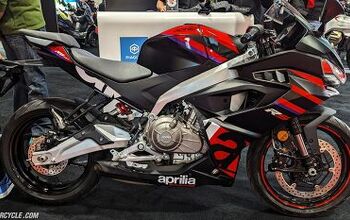
Comments
Join the conversation
Touching, but sad. It would be nice to see a story on Leno and Jimmy.